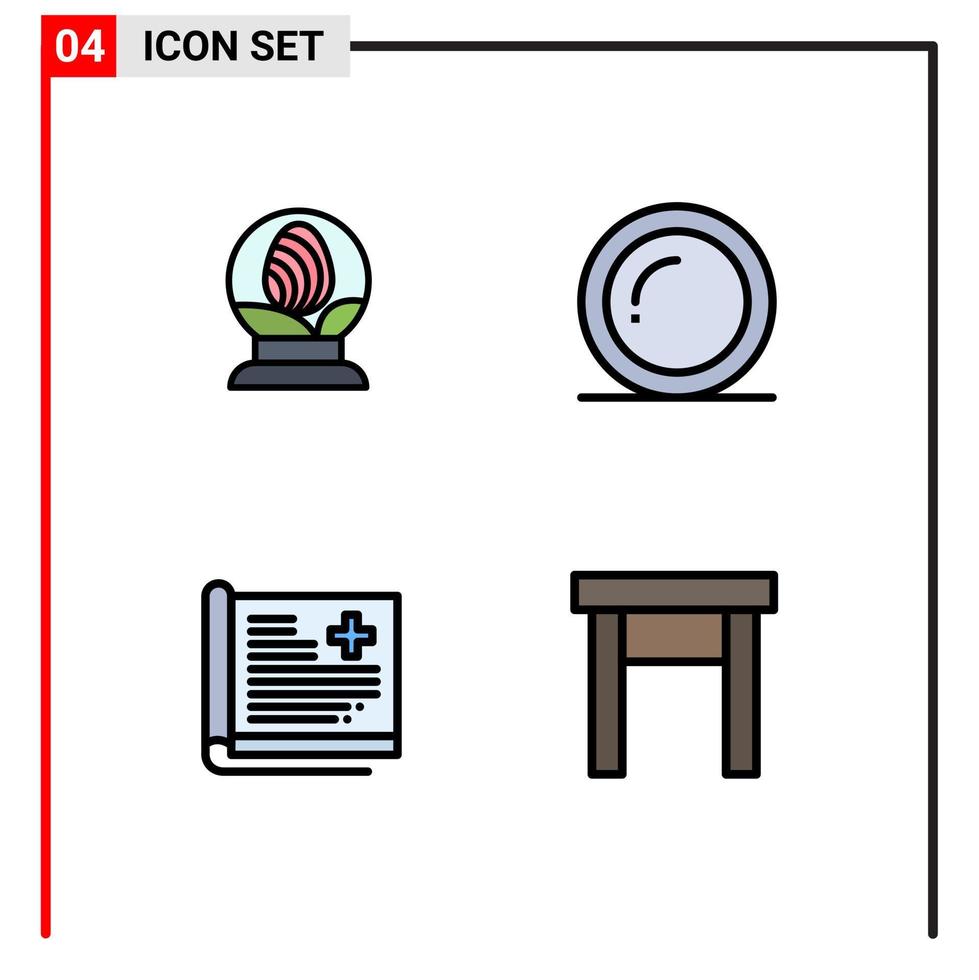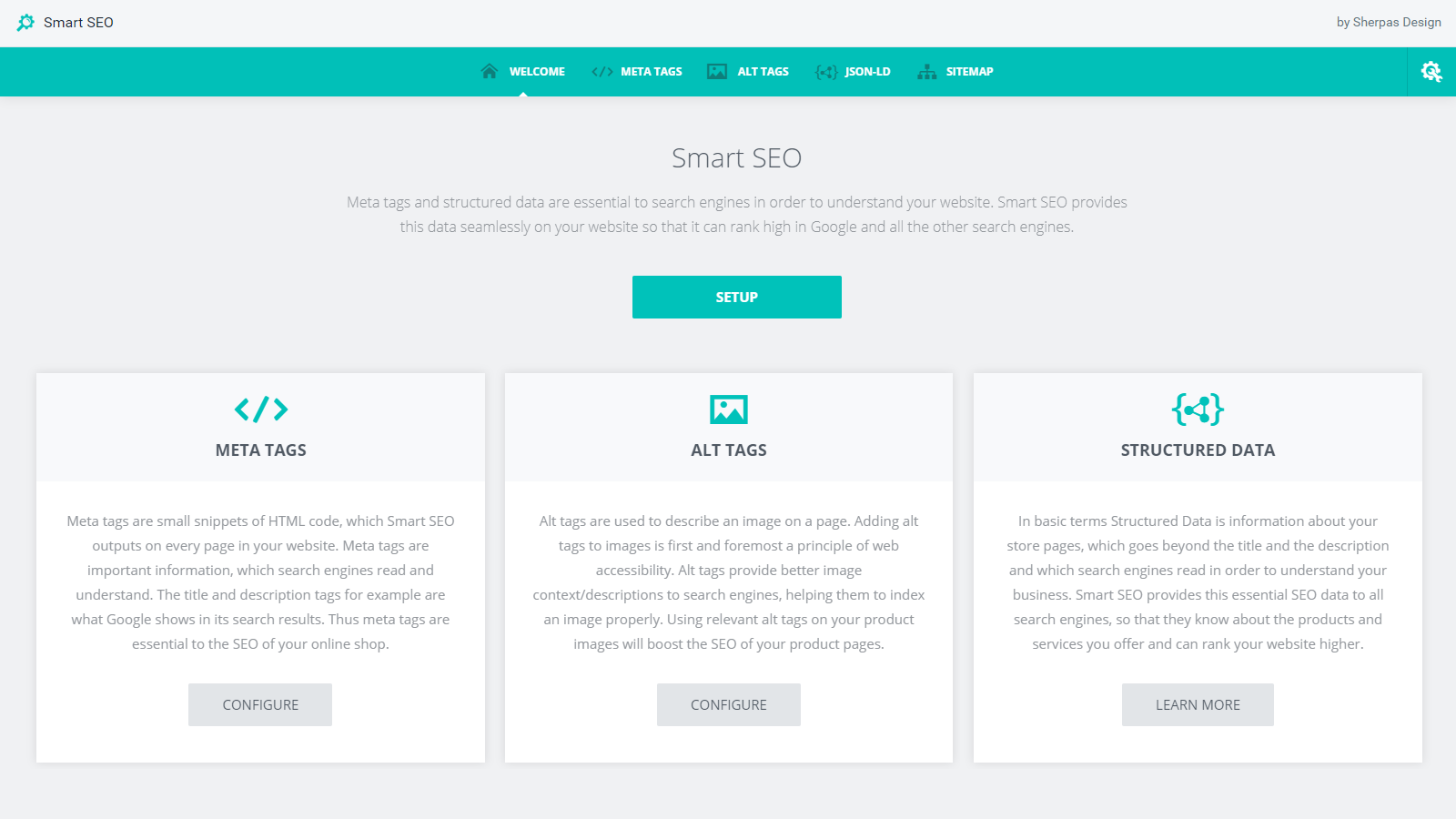Beyond Basics: Unveiling Car History Reports & Why They Matter

Urban Pedia Wiki
Your one-stop destination for all the information you need - from technology updates, health articles, tutorial guides, entertainment news, sports results, to daily life tips.

1. The Core Components of a Car History Report
Decoding the Data: Key Information Revealed

- Accident History: Details of past collisions, including severity and damage.
- Title Information: Verification of title status (clear, salvage, rebuilt, etc.).
- Ownership History: The number of previous owners and their locations.
- Mileage Records: Odometer readings and any discrepancies.
- Service Records: Maintenance history and any reported issues.
- Recall Information: Details of any manufacturer recalls and their status.
- Registration History: Past registration locations and any potential issues.
2. Unmasking Title Issues and Their Implications
Understanding Title Status and Potential Risks

| Title Status | Implications | Buyer Considerations |
|---|---|---|
| Clean Title | No known issues | Generally considered safe; verify other report sections |
| Salvage Title | Severe damage, declared a total loss | High risk; requires thorough inspection, lower resale value |
| Rebuilt Title | Previously salvaged, repaired and inspected | Risk of lingering damage, reduced value, requires expert evaluation |
| Flood Damage Title | Vehicle submerged in water | High risk of mechanical, electrical, and corrosion problems |
| Lemon Title | Vehicle repeatedly failed to meet warranty standards | May have recurring issues; check for service records |
3. Beyond Accidents: Other Crucial Details in a History Report
Uncovering Hidden Issues and Protecting Yourself

- Ownership History: Assess the number of previous owners and their locations.
- Mileage Verification: Identify any odometer discrepancies or potential fraud.
- Service Records: Review maintenance history to gauge how well the car was cared for.
- Recall Information: Check for outstanding recalls and their status.
- Theft Records: Discover if the car has been reported stolen.
- Usage Data: Learn about commercial use or fleet ownership, which can affect wear and tear.
4. How to Obtain and Interpret Car History Reports Effectively
Navigating the Process: Step-by-Step Guide

| Report Feature | What to Look For | Action to Take |
|---|---|---|
| Accident History | Severity of damage, location | Request repair records, consider a pre-purchase inspection |
| Title Status | Clean, salvage, rebuilt, etc. | Assess risks; consider expert advice if needed |
| Ownership History | Number of owners, location | Investigate if there are multiple owners in a short period |
| Mileage | Odometer readings, discrepancies | Verify mileage; look for possible odometer fraud |
| Service Records | Maintenance history | Assess maintenance; look for patterns or gaps |
| Recalls | Outstanding recalls | Confirm whether recalls have been addressed |
Conclusion
#Automotive #auto parts #auto repair shop #car dealership #vehicle financing #car maintenance #automotive service